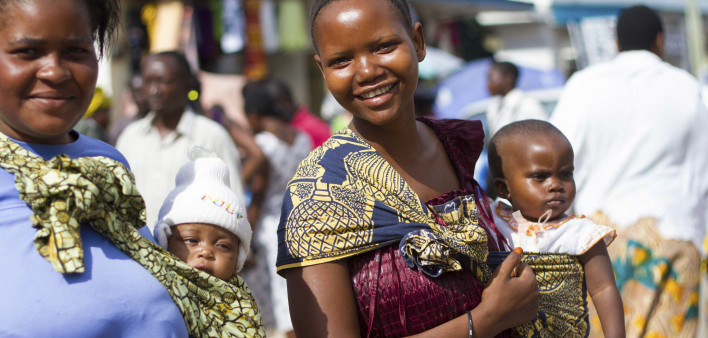For women who take Truvada (tenofovir disoproxil fumarate/emtricitabine) as pre-exposure prophylaxis (PrEP), pregnancy is associated with about a 30% lower concentration of the tenofovir component compared with the postpartum period, according to a new study.
The study’s researchers believe that the lower concentration of PrEP during pregnancy does not necessarily mean the HIV prevention method is less effective for expectant mothers. But they stress that it appears to be especially important for pregnant women to adhere to the daily Truvada regimen to maintain the maximum level of protection against the virus.
Studies in women who are not pregnant have found that PrEP reduces the risk of contracting HIV by more than 90%.
Peter L. Anderson, PharmD, of the University of Colorado, presented findings from the National Institutes of Health IMPAACT 2009 study at the 2020 Conference on Retroviruses and Opportunistic Infections in Boston last week.
The study enrolled 40 women and girls 16 to 24 years old in Malawi, South Africa, Uganda and Zimbabwe, including 20 who were 14 to 24 weeks pregnant and 20 who had given birth six to 12 weeks prior to entering the study.
The women were prescribed Truvada as PrEP and were directly observed, either in person or sometimes over cell phone video, by a study investigator as they took their daily doses. Of the 3,360 doses the women were prescribed during the study, the investigators watched them take 3,348 (more than 99%) of the doses. So the women’s adherence to the regimen was essentially perfect.
The study authors measured the concentration of tenofovir in the women’s red blood cells using dried blood spot testing. This involves putting a drop of blood on a piece of filter paper, making a hole punch of the dried blood spot and then testing the amount of tenofovir on that small circle of paper. The median tenofovir concentration was 965 femtomoles per punch among the pregnant women and 1,406 fmol per punch among the postpartum women—a 31% difference.
The half-life of tenofovir was 15.3 days during pregnancy and 18.0 days during the postpartum period.
“Adolescent girls and young women in sub-Saharan Africa, including those who are pregnant or have recently given birth, urgently need safe, desirable and effective HIV prevention tools,” Anthony S. Fauci, MD, the director of the National Institute of Allergy and Infectious Diseases at the NIH, said in a press release. “While taking PrEP daily as directed is important for everyone who receives it, these new data suggest daily adherence to PrEP will be especially critical for pregnant adolescents and young women. Additional research is needed to determine the level of protection that daily PrEP can provide this population.”
To read a press release about the study, click here.
To read the conference abstract, click here.







Comments
Comments